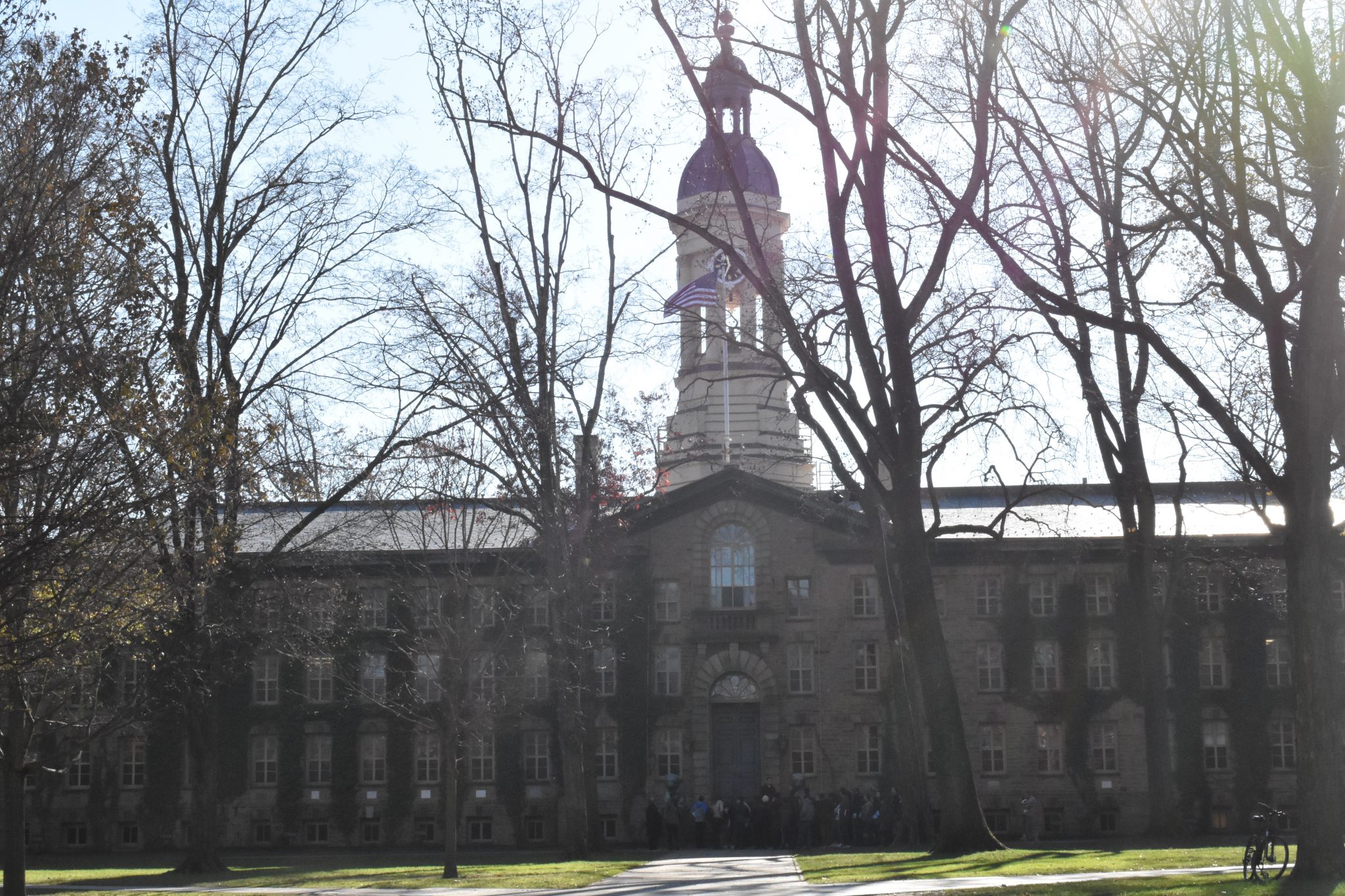A former Princeton University security officer is claiming he and one other former security officer were fired after they refused to transport potentially contagious self-quarantined students because they did not believe they were qualified to perform that task.
A spokesperson for Princeton University said the school does not comment on personnel matters.
James Crawford is a Howell native who currently resides in Freehold. He was a security officer with the Princeton University Department of Public Safety for slightly more than one year. In an interview, Crawford said he and another security officer were fired on Feb. 10 for insubordination.
The recent outbreak of the Coronavirus in China led to a series of policy decisions on campus in regard to returning students, including a period of self-isolation.
“A Jan. 31 (campus) email is of particular importance to this matter, as it stated: ‘Currently or Recently in China. Students, faculty and staff who have traveled to mainland China within the last 14 days must self-isolate until 14 days have passed since they were last in China,’ ” Crawford said.
Crawford said that at 10 p.m. on Feb. 1, he received a phone call from his direct supervisor who informed him of a transport assignment that came down the chain of command.
“We were being asked to transport 19 individuals who had recently returned from China and were to be moved to separate housing as part of the self-isolation the university had mandated … We were told we would have to wear masks and gloves, and disinfect the security vehicle after each transport. We would not be allowed to transport individuals more than one at a time,” Crawford said.
He said he was told that no one who was going to be transported was symptomatic and that the regulations to be followed were out of an abundance of caution.
Crawford said he opted to work in a security booth because that was what he was scheduled to do. He said he did not want to work an open-ended assignment until the early morning hours knowing he would be working another 16-hour shift the next day.
Crawford said his sergeant told him he understood that position and instructed Crawford to relieve the current security booth officer immediately and to tell the other security officer to call the supervisor’s cell phone for details of the assignment.
At 10:17 p.m., Crawford said, he received a second call from the supervisor.
“The sergeant stated that the security officer I had relieved was not feeling well and would not be doing the (transport) assignment. That individual would be returning to the security booth and I would have to do the transport assignment.
“I was surprised and confused by this information. I was now going to be forced to do the transports despite being scheduled for the security booth. I said I understood and I would do the assignment since somebody was going to have to do it.
“I specifically stated I did not feel comfortable with the assignment based on the limited information I had,” Crawford said.
Crawford said a lieutenant who was the officer in charge that night got on the phone and said he appreciated Crawford doing the transport assignment. He said the lieutenant told him that supervisors would be “dealing with” the other security officer in the coming days.
“I understood this to mean the department would be taking some sort of disciplinary measure for not completing the transport assignment. I was told by the lieutenant not to speak to the other security officer about the phone call we were having,” Crawford said.
Regarding the transport assignment he had been directed to perform, Crawford said, “First, I had no training in the use of the personal protective equipment. … I had no training in disinfecting a vehicle, nor hands-on experience ever doing it. … The reality of the situation was clear to me. I could not possibly guarantee my safety or the safety of the people I was transporting if somebody was contagious.”
He said he expressed his concerns to the lieutenant about the transport assignment.
“I told him I felt completely out of my depth. He responded by asking if I was uncomfortable with the assignment and would not do it. I told him that given my safety concerns, I could not go through with it.
“I knew … there might be some action taken by the department for not doing the assignment, but this was never made explicit to me,” Crawford said.
Crawford said that in the end, no calls for a transport came in that evening.
“On Feb. 6, I was told I had to attend a mandatory meeting on Feb. 10. On Feb. 10, I was told they found sufficient evidence of insubordination and I would be terminated immediately. About 15 minutes later, the other security officer was also terminated immediately,” Crawford said.

